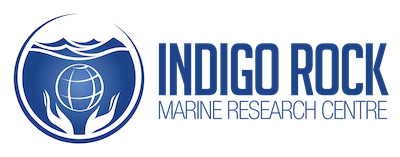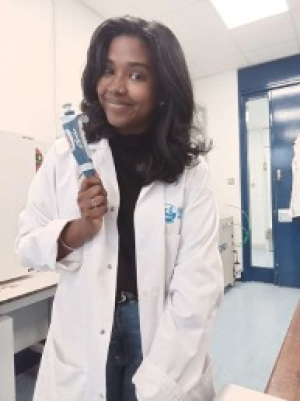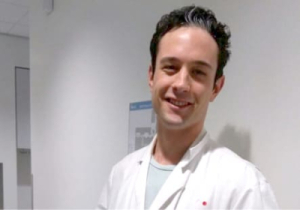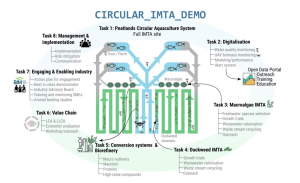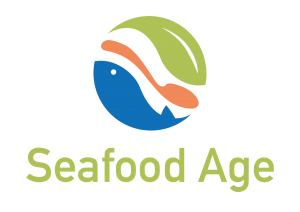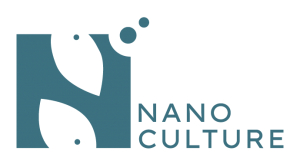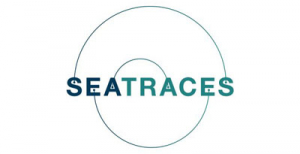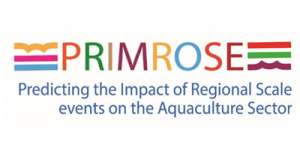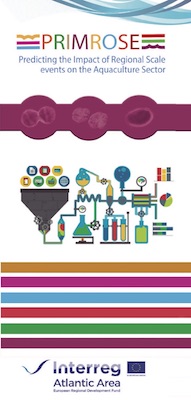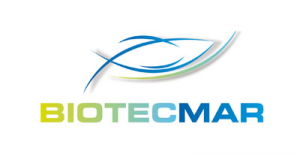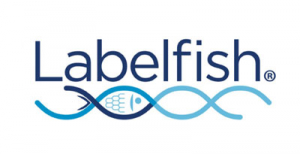Super User
Priya Pollard
Priya is a researcher at Indigo Rock where her research focuses on the cultivation of freshwater macroalgae in an integrated multitrophic aquaculture system. She has a background in phycology, seaweed ensiling, geographic information system (GIS) and benthic ecology. Priya will use her knowledge for the identification and successful cultivation of freshwater microalgae for the bioremediation of the effluent from a trout farm.
Roderick Van Roosmalen
Roderick joined Indigo Rock as researcher to work with freshwater macroalgae. Roderick has a background in microbial biotechnology with the main focus on metabolic engineering. Roderick will apply his knowledge to the cultivation of freshwater macroalgae in an integrated multitrophic aquaculture system.
CIRCULAR_IMTA_DEMO
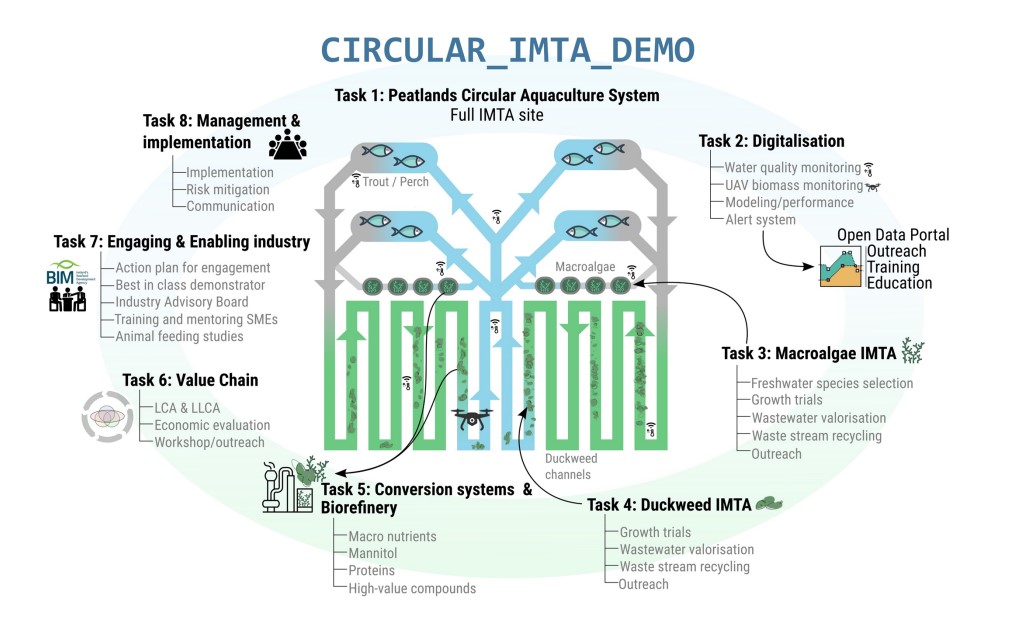
CIRCULAR_IMTA_DEMO
Project number: 2023JTF165
This bioeconomy demonstration project is ambitious, commercially-focused and interdisciplinary. The project will use the novel recirculating, peatland-based, integrated multitrophic aquaculture site at Mount Lucas. The project will demonstrate the generation of new value-chain products for feeds/foods from cultivated duckweed and macroalgae that use waste-streams as nutrient source. The projects focus lies on integrated-sustainable economic development by demonstrating production of commercial products (TRL 6+) using holistic multi-actor approach for the development of the midlands Just Transition territory. This unique demonstration project will also deploy digital tools for monitoring/managing optimal performance. It will also utilise immersive extended-reality training addressing new sustainable and climate-resilient pathways for vital economic development, which brings together key stakeholders generating new products and jobs.
Indigo Rock's Role
Indigo Rock will use its knowledge in the cultivation of seaweeds to develop a system for the cultivation of freshwater macroalgae on waste stream to produce novel products. To achieve this Indigo Rock will screen for elite freshwater macroalgae species, which thrive in eutrophic waters. These species will be propagated at Indigo Rock on synthetic media mimicking the wastewater. When successful species have been identified, their cultivation will be upscaled at the mount Lucas site. Finaly, Indigo Rock will be involved in the valorisation of the algae biomass.
Documents
![]() Mission Statement and Statement of Purpose
Mission Statement and Statement of Purpose
Corporate governance Statement (coming soon)
![]() Interreg Atlantic Area Programme Manual
Interreg Atlantic Area Programme Manual
Financial Statements for y.e. 31st Dec. 2020 (coming soon)
SeaFood-Age
SEAFOOD-AGE
SEAFOOD-AGE tackles a common social and economic challenge in the Atlantic Area: an ageing population. Healthy ageing requires a healthy diet, and seafood products provide essential nutrients not always accessible to older adults. The project will exploit the maritime dimension of the Atlantic Area regions and will adopt circular economy concepts to generate ready-to-eat seafood for healthy ageing, produce novel eco-packaging and develop a smart label for better quality, safety and minimum food waste.
INDIGO will be involved in the sustainable production of algal ingredients for ready-to-eat seafood, particularly process and product optimization for maximum quality, and develop competencies for innovation. We will mostly be involved in WP4 where we will determine the effect of the deployment time and harvesting time of near-shore long-line cultivation of the seaweed Alaria esculenta on compounds such as phlorotannins, fucoxanthin and other yet-to-be-determined bioactives, and their effect on in vitro antimicrobial and antioxidant activity. We will optimise processes to ensure the highest quality product with high levels of active compounds and as part of WP5, contribute to co-design and marketability of the bioactive compounds identified and the potential of the seaweed final product as an ingredient in ready-to-eat seafood for the elderly.

Nanoculture
NANOCULTURE
The general objective of the project is to advance the risk assessment and mitigation of the worldwide presence of metallic nanoparticles (NPs) of TiO2 and Ag. The focus is the fast-growing aquaculture sector along the Atlantic, specifically, the organisms destined for human consumption (cultured fish, molluscs, seaweed, sea urchins, etc).
The role of INDIGO is to deploy sensors and collect in situ data in order to make corrections or improvements in the sensor design and data analysis. We will also grow and supply seaweed, sea urchins, and mussels for extraction/isolation of TiO2 and Ag. In WP4, INDIGO will evaluate the distribution, accumulation and effects of exposure to NPs of TiO2 and Ag in cells of seaweed, sea urchins and mussels. In WP5, we will grow and supply mussels to carry out in vitro bioavailability studies. We will assist in evaluating how the cooking process influences the bioavailability, cellular permeability and transport of NPs of TiO2 and Ag and supply the waters of the different aquaculture species exposed to NPs of TiO2 and Ag. We will provide one of two sites for a pilot test at an aquaculture site in WP6. We will deploy and maintain, collect data and display sensors in Bantry Bay, Ireland, and provide in situ data to modelers.

SEATRACES
SEATRACES
Seafood fraud has been recognised by EFSA in 2015 as an emergent risk. SEA-TRACES will help prevent fraud by:
- Developing new and standardised authentication techniques (i.e. species, geographic origin, fresh/thawed, etc)
- Creating a VIRTUAL REFERENCE CENTER for managing seafood reference tissues, specific DNA sequences and SOPs (LABELFISH and newly developed)
- Determining the requirements of consumers and involving them in the process of seafood traceability & labelling
- Demonstrating the benefits of seafood traceability & labelling.
The brief summary now clearly shows the main outputs that SEA-TRACES intends to deliver during implementation, and although the objectives were maintained, they are now displayed sequentially and in a more focused way.
The general objective of SEA-TRACES is to demonstrate to stakeholders and consumers that Labelling, and Traceability are essential to protect and valorize Atlantic Area’s fisheries and aquaculture. Illegal fisheries, fraud and mislabelling are the main issues representing a serious risk to the existence of this important economic activity for the Atlantic Area Regions. The main actors, producers, industry, markets and consumers should be aware of the threat and the available tools which will empower them to adopt a responsible attitude towards the production, marketing and buying of seafood. SEA-TRACES will demonstrate, through case studies in different regions, how innovative implementation of traceability and labelling instruments will facilitate and increase the marketing and revenues, thus acting as a driving force to inspire other companies to adopt similar strategies. Consumers and industry are meant to find agreements about how product information has to be delivered and obtained in order to maximize the information flow, SEA-TRACES will foster these encounters and workshops. Appropriate analytical tools are essential for the compliance with latest labelling regulations; SEA-TRACES will develop, test and implement new tools for the verification of Labels. Administration, Control and Research Labs are the main actors involved in label analysis and control, involvement of these actors in newly virtual platform will allow SEA-TRACES test the feasibility of transferring results.

Primrose
PRIMROSE
Predicting the Impact of Regional Scale Events on the Aquaculture Sector
Project number: EAPA_182/2016
PRIMROSE, which is developing a new system application that helps predict the risk and impact of harmful algal bloom events (HABs) as well as the future impact of climate driven changes on the aquaculture sector. The project builds on existing monitoring programmes carried out in the partners regions to estimate harmful blooms, shellfish toxins and microbial contamination to comply with EU regulations. It will add value to these programmes by re-use of valuable data that is already being generated.
The PRIMROSE project (2017-2020), includes a consortium of nine partners from across an area known as the Atlantic Arc in Europe. The area is along the Atlantic coast of Western Europe, and members include Ireland, United Kingdom, France, Portugal and Spain.
The PRIMROSE project will further develop ASIMUTH, a harmful algal bloom forecasting system to provide improved forecasts at a higher resolution, a wider suite of parameters, a new index based risk assessment and will encompass aquaculture from the Shetland to the Canary Islands.
This improved forecast will include microbial risk and climate impacts, in addition to algal bloom predictions and will benefit from improved spatial resolution of the new generation Sentinel satellite data products.
The transnational aspects of PRIMROSE will be developed through the implementation of a portal system using common best practice and methodologies and a joint front end. This new system will develop an easily understandable traffic-light risk index. Reporting procedures will be standardised, and partly automated for an expert evaluator to have information available to make an accurate forecast.
Impact
Products produced by the project are likely to benefit policy makers, risk regulators, food safety authorities and the shellfish and fin-fish industry and will exploit existing EU investment in marine observing infrastructure.
Questionnaires
| Country | Language | Download |
|---|---|---|
| France | English | Questionnaire.pdf |
| France | French | Questionnaire.pdf |
| Ireland | English | Questionnaire.pdf |
| Portugal | English | Questionnaire.pdf |
| Portugal | Portuguese | Questionnaire.pdf |
| Scotland | English | Questionnaire.pdf |
| Spain (Andalucia) | English | Questionnaire.pdf |
| Spain (Andalucia) | Spanish | Questionnaire.pdf |
| Spain (Basque) | English | Questionnaire.pdf |
| Spain (Galicia) | English | Questionnaire.pdf |
| Spain | English | Questionnaire.pdf |

BIOTECMAR : BIOTEChnological exploitation of MARine products and by-products
BIOTECMAR
BIOTEChnological exploitation of MARine products and by-products
INTRODUCTION
Marine biological resources such as seaweeds, fish and shellfish products, by-products and extracts are sources of valuable ingredients and bioactive molecules. Marine resources from fisheries, aquaculture and seaweed harvesting sectors generate important direct and indirect economic activities. These sectors produce a large amount of waste and by-products, which should be considered as raw materials for the production of valuable ingredients for food, animal and human nutrition, cosmetics and health. The main objective of Biotecmar is to set up and incorporate a fully integrated chain for the production of value added compounds derived from the Atlantic Marine resources. Biotecmar's overall aim is to help the companies of the Atlantic Area (which are mainly SMEs) to take advantage of the use of modern biotechnological tools and contribute to a diversification of the activities derived from marine biomass exploitation within the strict framework of sustainable management of marine natural sources.
THE MAIN RESOURCE CHAIN
- Fisheries, aquaculture, seaweed harvesting and seafood processing as source of raw material.
- Fish waste conservation, collection and transport and processing.
- Production and commercialization of bioactive compounds and/or ingredients derived from processing to be used for the food, feed, nutrients, cosmetics and therapeutic industries.
- Develop and transfer R&D in marine biotechnology.

A 3 YEARS ACTION PLAN (2009-2011)
- Identification and quantification of marine by-products (volume, quality)
- Training sessions, practical workshops, matchmaking events: legislation, traceability, by-products conservation, biotechnological and transformation processes.
- Database of marine stakeholders.
- Offers/demands of by-products.
- Cooperation between labs and SMEs /industrials.
- SMEs support for launching innovative projects.
Labelfish
LABELFISH
Regions of the Atlantic area are characterised by an intense economic and social relationship with marine resources. Most of them are linked with important fishery and aquaculture industries.
For these regions, seafood traceability and labelling are essential, as their products may be under threat from low-cost, third country imports. Imports which could potentially be of doubtful origin and/or which may have been handled or produced under inadequate controls.
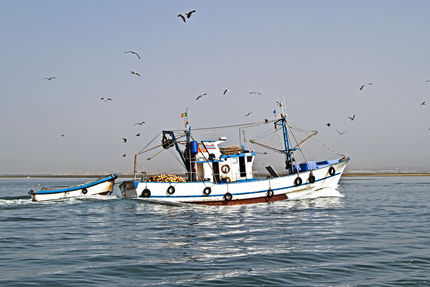 The main objective of LABELFISH is to set up a network of entities interested in developing a common traceability strategy, using standardised and innovative analytical techniques of genetic traceability and labelling of seafood products in the European Atlantic areas. Under this general objective are specific objectives:
The main objective of LABELFISH is to set up a network of entities interested in developing a common traceability strategy, using standardised and innovative analytical techniques of genetic traceability and labelling of seafood products in the European Atlantic areas. Under this general objective are specific objectives:
- Analysis of fish traceability and fish labelling in markets of the Atlantic Region. This objective involves the analysis of the implementation of traceability schemes in the seafood industry (fishing fleets, fishing industry and auctions), studies of the state of seafood labelling at auctions and markets, the perception of consumers of seafood traceability and labelling, and the analysis of the effectiveness of the control of labelling by competent authorities. The seafood labelling studies will focus on the most commercially important species in Atlantic area, specifically in the countries involved in the project. Some of these species are cod, tuna, anchovies, ling, sole, monkfish, haddock and hake.
- Standardisation of fish authenticity and genetic traceability methodologies. This objective aims to compare the current techniques used for fish species authentication and control of traceability, and to build a genetic database that will allow harmonisation and standardisation of methodologies at the European level.
- Atlantic network for species authenticity and labelling. We aim to establish a network of laboratories, entities, companies with expertise and capacities in fish traceability, seafood labelling and fish authenticity. This network will interact by holding workshops for exchanging of methodologies, personnel and results. The final objective is to create a framework for the creation of a European network for fish authenticity and control of traceability.
Protection of European consumers and SMEs will be achieved by ensuring consumers’ rights to correct product information and by implementing reliable genetic traceability and authentication tools for the protection of market niches.
Website: labelfish.eu
